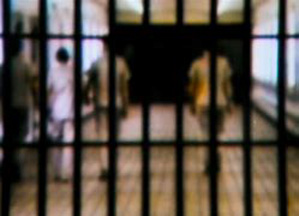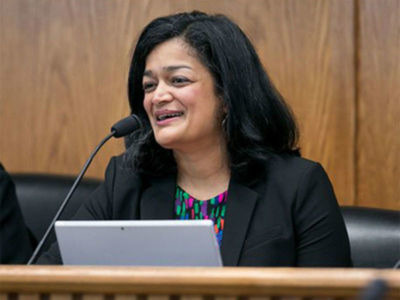
ATLANTA, GA (TIP): On August 14, 2024, members of Atlanta’s Bengali community gathered at Global Mall in Norcross, Georgia, to protest the shocking rape and murder of a 31-year-old doctor in Kolkata, West Bengal, now referred to as “Nirbhaya 2.0.” The incident, which took place on August 9, 2024, sparked the first protest in the United States as part of a global movement demanding justice.
Around 120 to 130 people, including men, women, and children, assembled to raise their voices against the widespread violence faced by women in India. The protest began at 6:30 PM, with participants holding signs like “We Want Justice” and “Reform and Justice.” This gathering served not only to honor the victim but also to call for systemic changes to ensure the safety of women everywhere.
The victim, a second-year postgraduate trainee doctor at RG Kar Medical College in Kolkata, was discovered dead in a seminar room on August 9, 2024. The autopsy confirmed that she had been raped and murdered. The suspect, a civic volunteer with the Kolkata Police disaster management force and a member of the police welfare association, is also a trained boxer with connections to senior officials. He had been stationed at a police outpost near the medical college and often acted as a liaison for certain patients. The suspect, who has been married four times, is described as a womanizer and domestic abuser. Although the Kolkata Police report that he confessed to the crime, his mother insists he is being falsely accused.
The suspect’s ties to influential officials have raised concerns about the investigation’s transparency, prompting the Calcutta High Court to transfer the case to the Central Bureau of Investigation (CBI). The incident has led to widespread protests and demands for better security measures for women, particularly in workplaces like hospitals.
In Atlanta, the news of this heinous act has deeply shaken the community, particularly women. Sumana Goswami, a prominent figure in the Bengali community, shared her distress with NRI Pulse, stating, “They could have simply ended her life, but they chose to rape her because they could. While crimes may not have a gender, rape unfortunately does.”
Public outrage was further fueled by insensitive responses from some authorities, including Dr. Sandip Ghosh, the principal of RG Kar Medical College, who resigned amid the protests but was controversially reappointed to another position, causing additional backlash. Instead of showing sympathy, he questioned why the victim was resting alone at night. Such comments, coupled with the political blame game, have highlighted systemic failures in protecting women.
As a result, this protest, like many others, is not just about this one tragedy but also a call for comprehensive reforms to ensure women can feel safe in all spaces. The protests are a collective demand for tangible action, stronger laws, better enforcement, and greater accountability.
The Atlanta protest concluded with a candlelight vigil, where participants sang “Aguner Parashmani,” a song symbolizing resilience and hope. The gathering ended with the Indian national anthem, “Jana Gana Mana,” underscoring the unity and shared commitment to justice





Be the first to comment